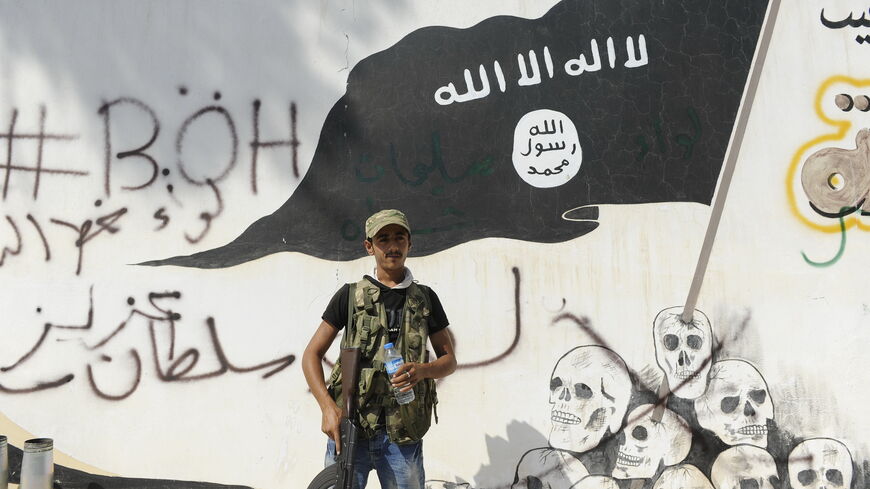DAMASCUS — The eastern region of Syria is facing an alarming surge in Islamic State (ISIS) guerilla attacks, bombings and stealthy night raids against the Syrian military and Kurdish-Syrian Democratic Forces (SDF). The last four months saw over a hundred attacks, sparking fears that the terror group is now regrouping and becoming more aggressive in its combat activities.
Taking advantage of the growing instability in the region and the unprecedented Iran-Israel military confrontation, ISIS is progressively employing hit-and-run tactics to devastating effect, as it exploits the international focus on Iran-Israel tension and the conflicts in Ukraine and Gaza to reassert control in the "Baddiya," or Syrian Desert.
Amid the relocation of Iranian-backed forces due to Israeli and US airstrikes and the lack of coordination between the SDF and Damascus, ISIS has been able to take parts of the vital highway separating Raqqa and Deir Ezzor.
ISIS activity surges



